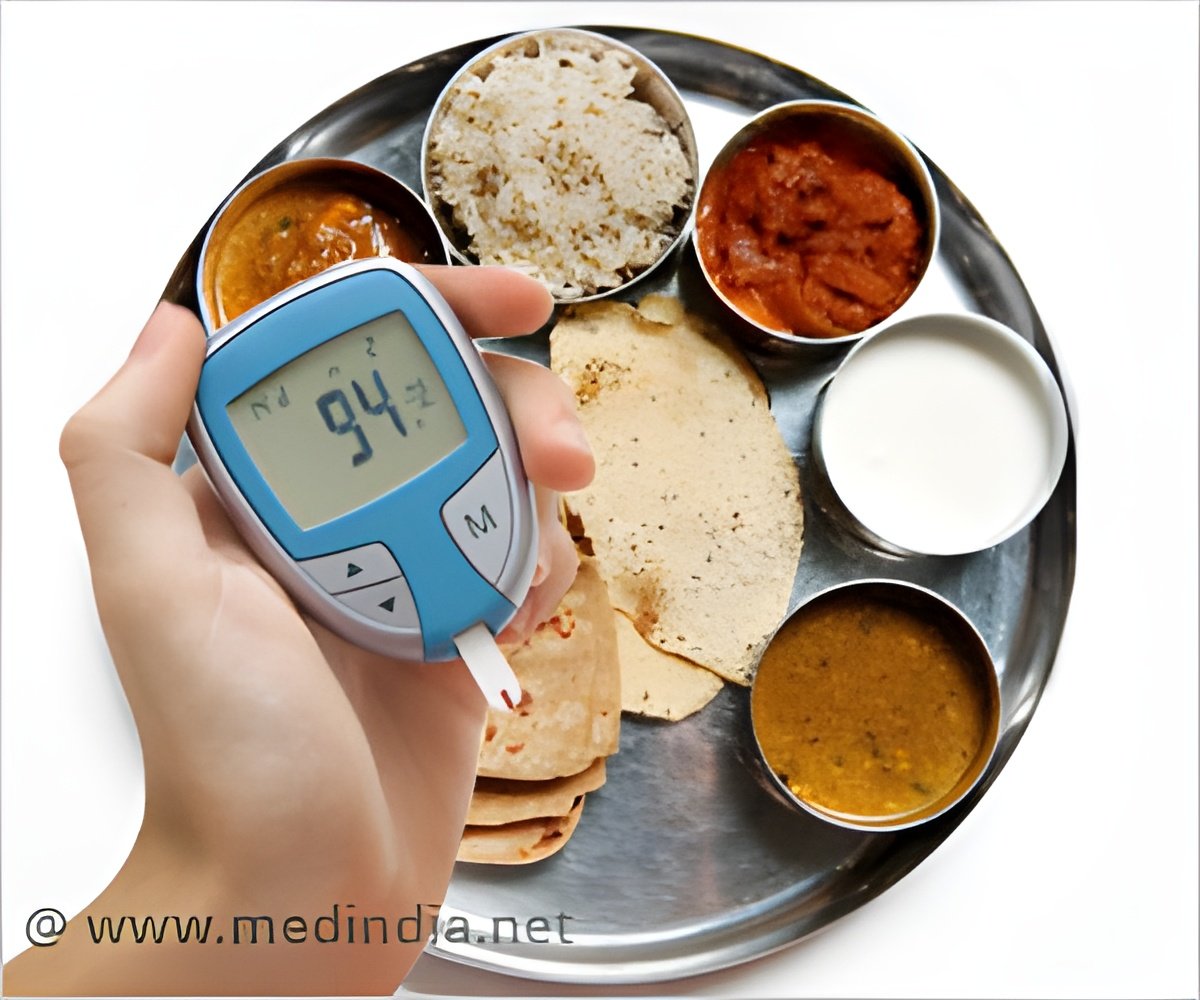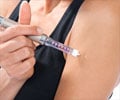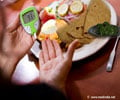Meal type and size are the most important factors influencing the accuracy of carb-counting for the control of blood sugar in type 1 diabetes, stated new study.

‘People living with type 1 diabetes must manage their daily carbohydrate intake to keep glucose levels in check. Carbohydrate counting is widely used as a way of matching insulin requirements with the amount of carbs consumed.’





However, errors in carb-counting are common and can be critical. Underestimating meal carbohydrate content can raise the amount of sugar in the bloodstream leading to hyperglycemia (high blood sugar), while carbohydrate overestimation can cause hypoglycemia (low blood sugar).
To investigate which factors affect carb-counting errors most, researchers analysed data on 50 adults with type 1 diabetes from a previously published study of carbohydrate counting accuracy [1]. Over 3 days, participants estimated the amount of carbohydrate in their meals. To determine participant's carb-counting error, the carbohydrate content of each meal was also calculated by a dietitian. Researchers then used modelling to identify which patient- and meal-related factors had an effect on carb-counting error. These included a participant's level of education, duration of insulin treatment, age, body weight, meal's carbohydrate, fat, energy, protein, and fibre content, and type of meal (i.e., breakfast, lunch, dinner, or snack).
They found that carbohydrate content and meal type were the most important factors influencing the accuracy of carb counting. Specifically, participants made more carb-counting errors for larger meals (i.e. lunch and dinner), and smaller errors for smaller meals (i.e. breakfast and snacks).
"Glucose control around meal times remains challenging for people with type 1 diabetes. Our findings underscore the need for better information to help patients better estimate the carbohydrate content of their meals", says author Dr Martina Vettoretti from the University of Padova in Italy, where the research was conducted as part of the ongoing European research project Hypo-RESOLVE.
"Once included in type 1 diabetes computer simulations, our model will enable researchers to assess the impact of carb-counting error on blood sugar control and, more in general, to help study behavioural risk factors for hypoglycemia and assess the potential benefits of addressing them."
Advertisement










